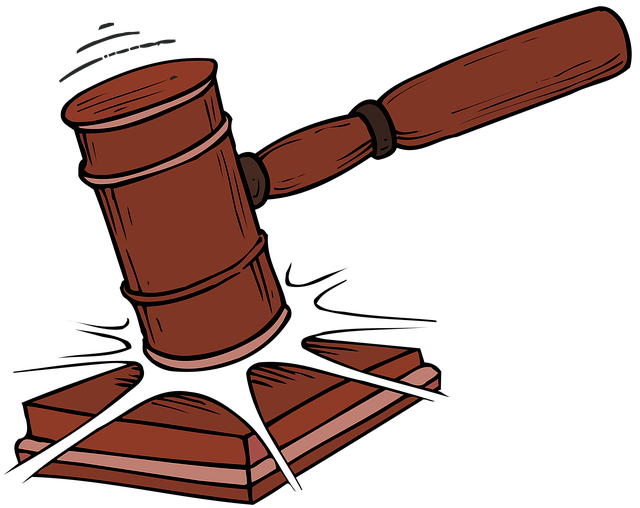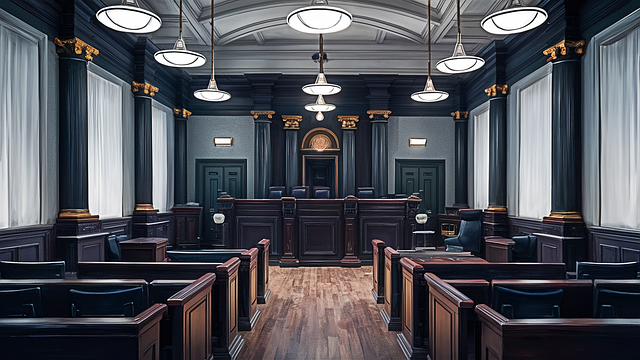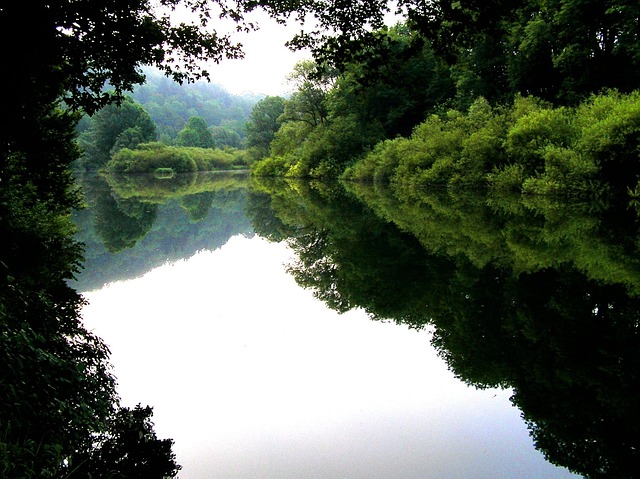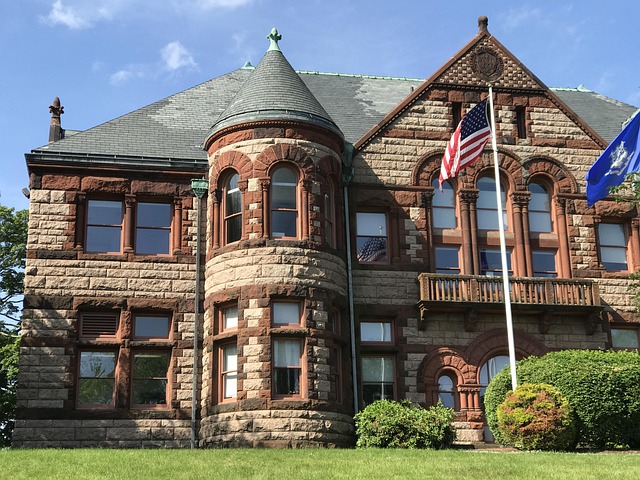Environmental Crime Trials hold individuals and corporations accountable for breaking environmental laws, balancing protection and due process. Specialized Legal Assistance for Environmental Regulation Violations is key, employing white-collar defense strategies and expert testimony to navigate complex federal and state regulations. Both prosecution and defense use expert witnesses and scientific evidence in jury trials supported by philanthropic and political communities, seeking justice while upholding environmental standards.
Environmental Crime Trials: Unraveling the Legal Landscape of Eco-Offenses
This comprehensive guide explores the intricate world of environmental crime trials, focusing on the legal framework governing violations of environmental regulations. From understanding key concepts to examining strategic defenses and prosecutions, we delve into the critical role of Legal Assistance for Environmental Regulation Violations. By analyzing these aspects, we aim to provide insights into the complex interplay between law and ecology, shedding light on how justice is served in environmental cases.
- Understanding Environmental Crime Trials: A Legal Framework
- The Role of Legal Assistance in Environmental Cases
- Effective Strategies for Defense and Prosecution
Understanding Environmental Crime Trials: A Legal Framework

Environmental Crime Trials are a specialized legal domain, focusing on holding individuals and corporations accountable for violating environmental regulations. This unique area of law is built upon a robust framework designed to protect our planet and its inhabitants from destructive actions. Understanding this framework is crucial when navigating cases involving pollution, habitat destruction, and other forms of ecological damage. It involves a complex interplay of federal and state laws, each with specific provisions to address various environmental crimes.
Legal Assistance for Environmental Regulation Violations often takes the form of white-collar defense strategies, as many such cases involve corporate entities and high-stakes financial implications. Accused individuals face challenging defenses, but skilled attorneys can help construct compelling arguments. Through meticulous investigation, expert testimony, and a deep understanding of environmental science, successful winning challenging defense verdicts is achievable. These trials demand a delicate balance between protecting the environment and ensuring due process for those accused, making them some of the most intricate and impactful legal battles of our time.
The Role of Legal Assistance in Environmental Cases
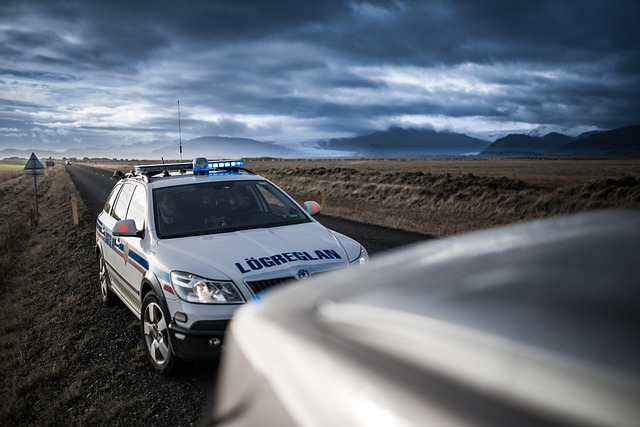
Environmental Crime Trials often involve complex legal issues and stringent regulations, making Legal Assistance for Environmental Regulation Violations a cornerstone in ensuring justice. Specialized legal aid organizations and attorneys play a pivotal role in defending individuals and entities accused of environmental crimes. They provide crucial support by navigating the intricate web of federal and state laws, offering expert insights into regulatory compliance, and crafting winning challenging defense verdicts.
These legal professionals are well-versed in presenting compelling arguments, interpreting scientific data, and understanding the unique circumstances of each case. Their expertise is instrumental in achieving favorable outcomes for clients facing severe penalties. By offering general criminal defense services tailored to environmental matters, they empower businesses and individuals to protect their rights while upholding environmental standards.
Effective Strategies for Defense and Prosecution

In Environmental Crime Trials, both defense and prosecution strategies play a pivotal role in ensuring justice is served. For defendants facing charges of environmental regulation violations, seeking legal assistance for environmental regulation violations is often the first step. Skilled legal counsel can navigate complex regulations and scientific evidence, providing robust defenses that challenge the prosecution’s case. By employing expert witnesses, thorough cross-examination, and highlighting procedural errors, defense teams aim to weaken the prosecution’s stance and secure favorable outcomes, including acquittals or reduced charges.
Prosecution strategies, on the other hand, focus on presenting a compelling case that showcases the severity of the environmental crimes. This involves meticulous investigation, gathering irrefutable evidence, and leveraging scientific experts to explain the impact of these violations. Prosecutors also aim to paint a picture of the broader consequences for communities and ecosystems across the country, garnering public support and potentially securing stiffer penalties during jury trials. The involvement of philanthropic and political communities in supporting stringent environmental legislation further strengthens prosecution efforts, demonstrating societal demand for accountability and deterrence.
Environmental crime trials play a pivotal role in upholding environmental regulations and holding offenders accountable. By understanding the legal framework, leveraging specialized Legal Assistance for Environmental Regulation Violations, and employing effective strategies for both defense and prosecution, these trials can serve as powerful tools to protect our ecosystems and ensure justice. This multifaceted approach is essential for navigating the complex landscape of environmental law and fostering a sustainable future.


